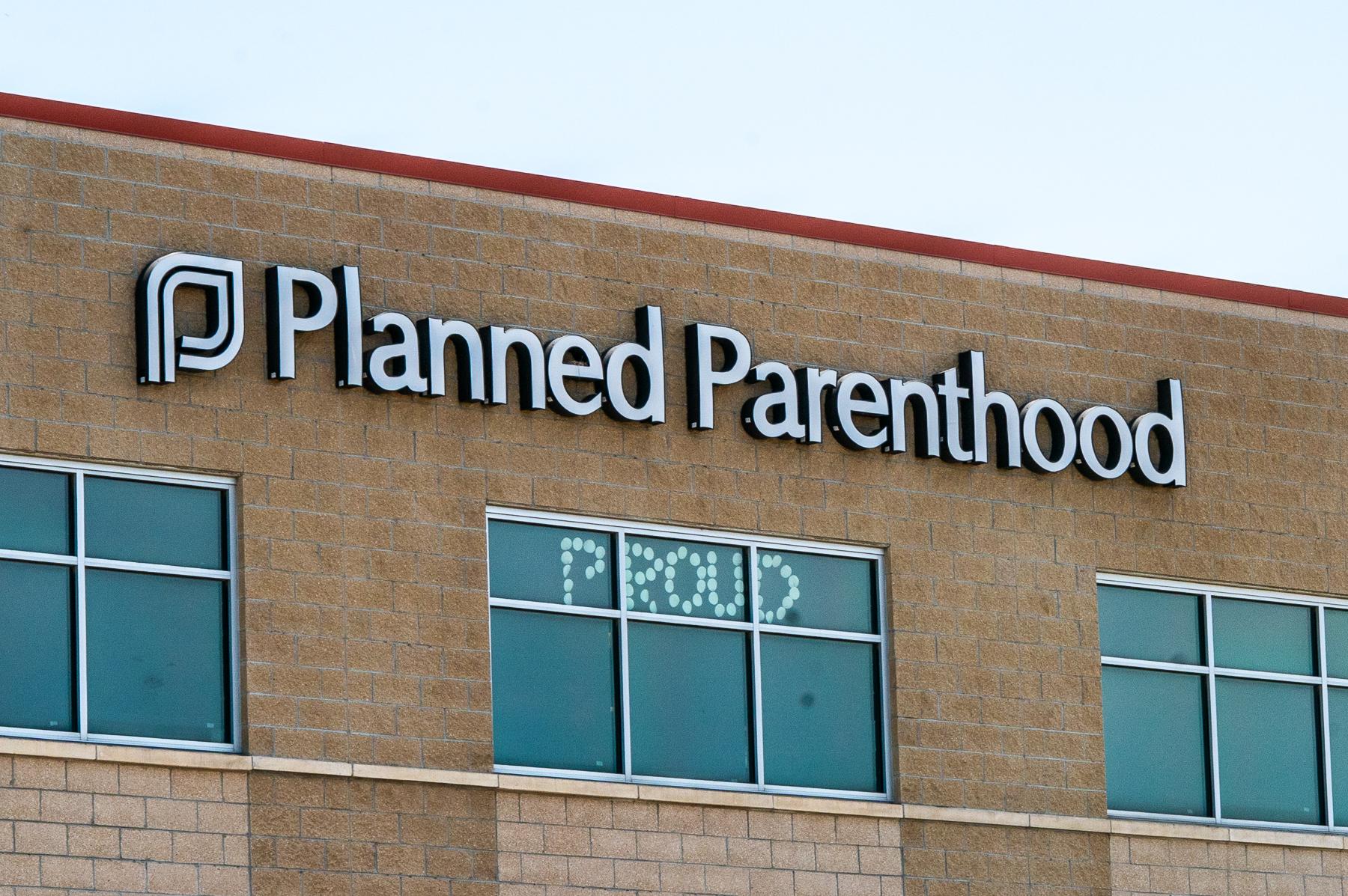
Colorado’s summers are getting hotter. There’s more data to back that up than the 115 degree reading in Lamar, which weather watchers are trying to verify.
Over the last decade, Colorado saw three times as many record daily high temperatures compared to lows. If the climate were more stable, the ratio of record setting high to low temperatures would be near 1:1.
“A lot of times people hear that the average climate has only warmed about 2 degrees Fahrenheit and they say, ‘So what?’” said Jerry Meehl, a scientist who studies this at Boulder-based National Center for Atmospheric Research.
As average temperatures increase, the number of record-setting hot days will also rise.
It’s already happening. Between 2008 and 2018 the state saw nearly 900 record-setting hot days compared with 260 record cold days in Colorado, according to National Centers for Environmental Information data. Research by Meehl has found that this ratio has steadily increased since the 1970s as temperatures have risen.
According to a 2016 peer-reviewed study, Meehl estimated that if U.S. temperatures rise by an average of 5.4 degrees Fahrenheit (considered a “business as usual” increase of greenhouse gas emissions), the ratio of record high temperatures compared to lows could be as high as 15: 1, perhaps even higher.
Meehl points out that Colorado and other spots will still see record low temperatures in the future, there will just be fewer of them.
“I always say that whoever is sitting at my desk in the year 2100 in January, Denver’s going to hit some record-low temperature, and [they’re] going to get calls saying ‘Hey, what happened to global warming?’” he said.
Meehl said that future scientist will have to remind the public about the disproportionate number of record high maximum temperatures set during the previous summer.
“So you just shift the odds towards a better chance of setting record highs versus record lows,” he said.









